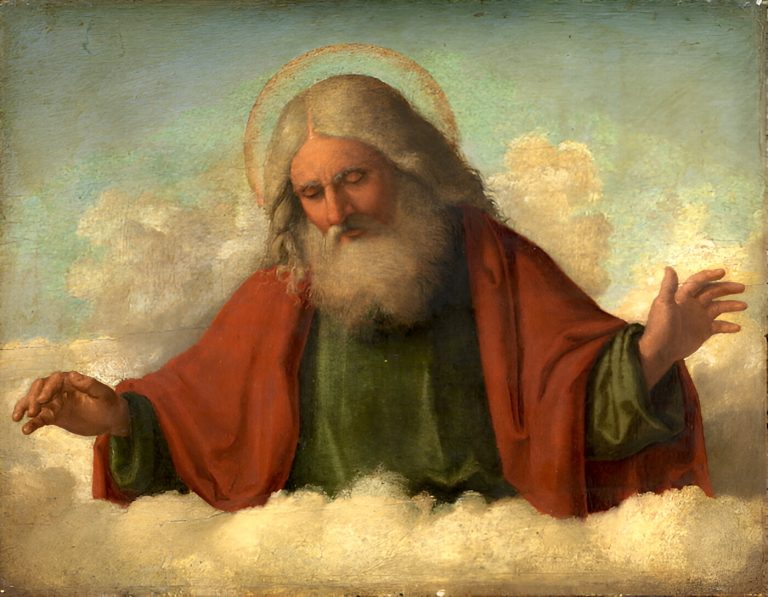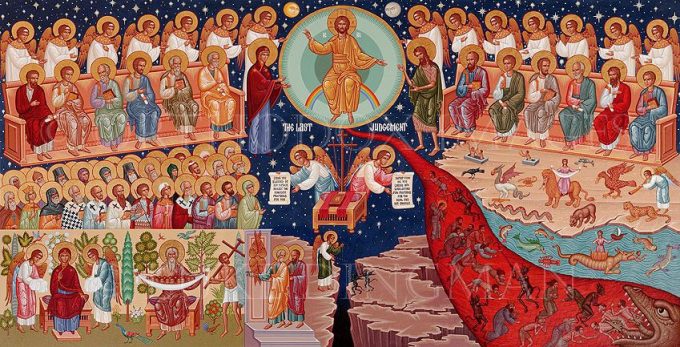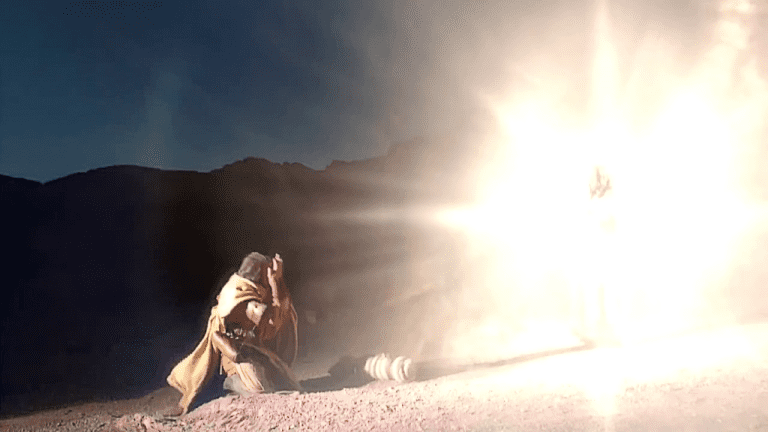The arguments against the “vicariate system” have been outlined in several preceding columns. It is possible, but hard to imagine, that those Bishops of The Church who support it are totally wrong. When we look at reasons why such a system could be thought to have any good in it, we quickly see that there could be one.
The many “bank accounts” that are currently “owned” by the individual parishes may actually be under-utilized.
It is possible that those funds may be put to a better use. It is not uncommon in any government or business organization to find and liquidate assets that are, in fact, not providing their full use.
As a general rule, those who wish to access such funds are driven by a need to pay bills generated by past commitments. When those funds are accessed, salaries are increased, pensions and benefits enhanced, and bills are paid. When that money is gone, and without vision, it quickly is, there are no resources left to pay for the higher costs those commitments require.
In fact, one may make the very reasonable argument that, in this and other dioceses, there is a pressing need for cash to provide increases to people who are, by any standard, underpaid. The drive to provide these increases often precludes a more beneficial outcome.
The reason that most dioceses are short of funds can be summed up in two words, “Catholic Schools”. These magnificent institutions are deserving of support. Catholic Schools save souls, provide for the intellectual and spiritual well-being of all involved, and provide an invaluable service.
The current status of Catholic Schools is one of institutionalized inefficiency. Their activities, though incredibly laudable, are the opposite of efficient. Catholic Schools operate as they always have. They are, in a phrase, in the same economic position as a large farm that insists on using dozens of horses rather than a single tractor that uses fuel only when it is working.
Consider their operation: Early every morning, hundreds of teachers and thousands of students leave their homes, most of which are heated and cooled throughout the day. They go to a large building, which is also heated and cooled during most days and nights. Lights have to be turned on. Buses have to be filled and emptied. Classes start. Students open books and take out pencils and papers. At the end of the day, all leave the school buildings, which still require heat, maintenance, and upkeep. This process is repeated every day of every week of every month for three quarters of a year. While the buildings stand empty every summer, their costs continue. Thus it has been for nearly two thousand years.
Consider an alternative: Each student in a Catholic School is given a computer disc. On that disc is the equivalent of dozens, even hundreds, of books. When it is time for a student to learn to read, the “reading” part of the disc is used, and the student is walked through basic phonics. Students are provided with questions, and as those questions are answered, learning takes place, with surprising speed.
Other discs walk pupils through addition, subtraction, multiplication, division, algebra, and the other math disciplines. The disc may, at times, show the world’s best teacher of that particular subject, patiently and effectively showing each student how to make progress. Each student moves at his own speed, and each will thereby make better progress than would be possible in a classroom.
Literature, history, geography, science, and all the other subjects are similarly treated. Without leaving his home, the student has made better progress than any classroom, no matter how expensive, can provide. Costs? Each child’s computer will cost less than a thousand dollars. Discs containing all the information that a child needs to get through all the subjects between first grade and high school can be obtained for less than two hundred dollars.
Every parish with CCD classrooms, and every Protestant Church with Sunday School space, could utilize a variant of this system, staffing both with paid professionals and with volunteers.
As more students use this “Catholic Cyber Schools” concept, every school in every diocese could make dramatic decreases in their costs, while providing better-educated Catholics.
How does this relate to the preceding columns? Bishops could use available funds, such as some of those monies in parish accounts, to make an investment that would eliminate, or very greatly reduce, future expenditures in Catholic Schools. At the very same time, they would increase the number of students who could avail themselves of a Catholic Education. Each parish, diocese, indeed, the entire world, would be a better place. Few priests or parishioners would be reluctant to see such an investment made with funds that such a visionary bishop might wish to use to make The Church truly come alive.
They would quickly understand that the downstream savings in Catholic education would reduce their future expenditures and see that those future savings would allow them to quickly replenish those accounts. By committing to a real improvement, those funds might be accessed without imposing the burden of an additional layer of vicariate bureaucracy. There are, to be sure, many parishes that have made a sizable investment in bricks and mortar. Those must be paid off, so a combination of cyber/traditional schools must be contemplated over the coming years, allowing many Catholic School teachers to move into a well-deserved retirement.
Unfortunately, we have not been told of using existing assets to provide a brighter future for Catholic Schools. The “vicariate system”, as currently communicated, shows only a desire to increase funding for a system that is as antiquated, inefficient, and as sure to fail as the aforementioned large farm whose owners insist upon using dozens of horses instead of a single tractor “because that’s the way we’ve always done it.”
Note: There have been more than a week of columns on the topic of the “vicariate system”. If you find them interesting, please feel free to forward to others. Our Bishop has caused issues to be brought up whose importance may not be immediately apparent to many, but upon which our future depends.








